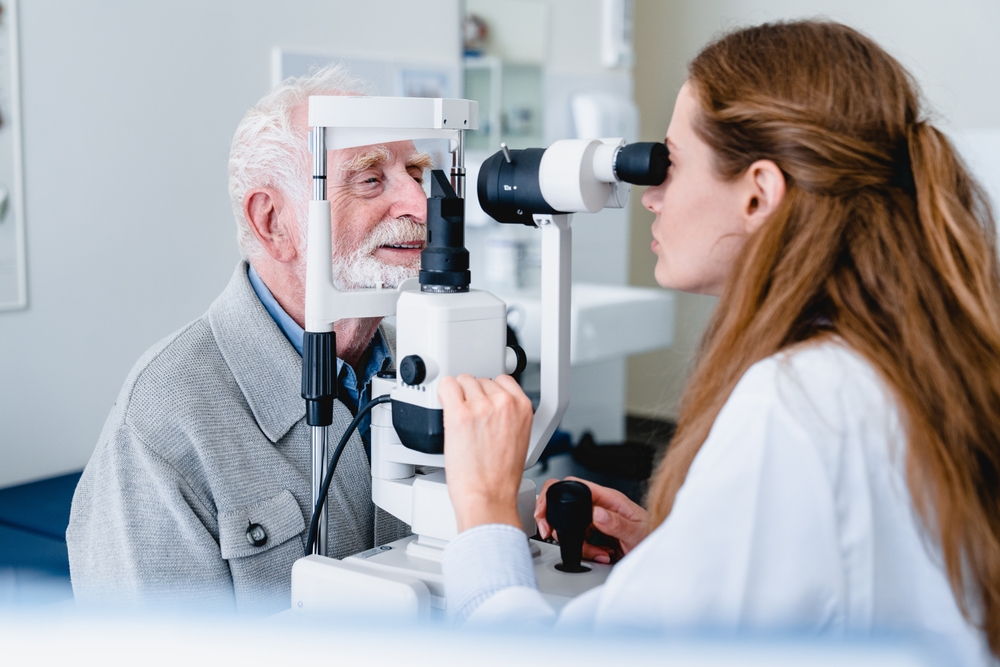
Glaucoma is a complex eye condition that affects the optic nerve, the structure responsible for transmitting visual information from the eye to the brain. This progressive disease can lead to vision loss and even blindness if left untreated. Understanding the risk factors associated with glaucoma is crucial in order to take proactive steps towards preserving your eye health.
Glaucoma is often referred to as the "silent thief of sight" because the early stages of the condition typically do not present any noticeable symptoms. This makes regular eye examinations essential for early detection and effective management of the disease.
How Does Glaucoma Develop?
Glaucoma typically develops when there is an imbalance between the production and drainage of the fluid (aqueous humor) inside the eye. This imbalance leads to an increase in intraocular pressure (IOP), which in turn puts pressure on the optic nerve. Over time, this elevated pressure can damage the optic nerve, causing progressive and irreversible vision loss.
There are several types of glaucoma, each with its own unique characteristics and risk factors. The most common forms are open-angle glaucoma and angle-closure glaucoma. Open-angle glaucoma is the most prevalent type, characterized by a gradual increase in IOP due to a slow blockage of the eye's drainage system. Angle-closure glaucoma, on the other hand, is a more acute condition where the drainage angle becomes suddenly blocked, leading to a rapid rise in IOP.
Who is at Risk for Glaucoma?
Understanding the risk factors associated with glaucoma is crucial in identifying individuals who may be more susceptible to developing the condition. Some of the key risk factors for glaucoma include:
• Age: The risk of developing glaucoma increases significantly with age, particularly after the age of 60.
• Family History: Individuals with a close blood relative (parent, sibling, or child) who has glaucoma are at a significantly higher risk of developing the condition themselves.
• Race: Certain racial and ethnic groups, such as African Americans and Hispanics, have a higher risk of developing glaucoma.
• Pre-existing Medical Conditions: Conditions like diabetes, high blood pressure, and certain eye injuries or surgeries can increase the risk of developing glaucoma.
• Eye Anatomy: Individuals with certain eye anatomical features, such as a narrow or closed drainage angle, are at a higher risk of developing angle-closure glaucoma.
The presence of one or more risk factors does not necessarily mean that an individual will develop glaucoma. Regular eye examinations and proactive steps towards eye health can play a crucial role in early detection and management of the condition.
The Importance of Regular Eye Exams
Regular comprehensive eye examinations are essential for the early detection and effective management of glaucoma. During these examinations, your eye doctor will measure your intraocular pressure, evaluate the health of your optic nerve, and assess the drainage angle of your eye. These tests can help identify any signs of glaucoma or other eye conditions, allowing for timely intervention and treatment.
If you are at a higher risk of developing glaucoma, your eye doctor may recommend more frequent eye exams or additional testing to monitor the condition closely. Early detection and treatment are crucial in slowing the progression of glaucoma and preserving your vision.
Tips and Recommendations for Preventing Glaucoma
While there is no known cure for glaucoma, there are several steps you can take to help prevent or delay the onset of the condition:
• Maintain a Healthy Lifestyle: Adopting a healthy diet, regular exercise, and managing any underlying medical conditions can help reduce the risk of developing glaucoma.
• Protect Your Eyes: Wear protective eyewear when engaging in activities that may put your eyes at risk, such as sports or yard work.
• Quit Smoking: Smoking has been linked to an increased risk of developing glaucoma, so quitting or avoiding smoking altogether is recommended.
Taking Proactive Steps Towards Eye Health
Glaucoma is a complex and progressive eye condition that can have serious consequences if left untreated. By understanding the risk factors associated with glaucoma and taking proactive steps towards eye health, you can play a crucial role in preserving your vision and maintaining a high quality of life.
At Coers Family Eyecare, PC, we are dedicated to providing comprehensive and personalized care for patients of all ages. If you are concerned about your risk of developing glaucoma or would like to schedule a comprehensive eye examination, visit our office in Columbus, Indiana, or call (812) 408-8400. Our goal is to help you maintain optimal eye health and vision for years to come.









